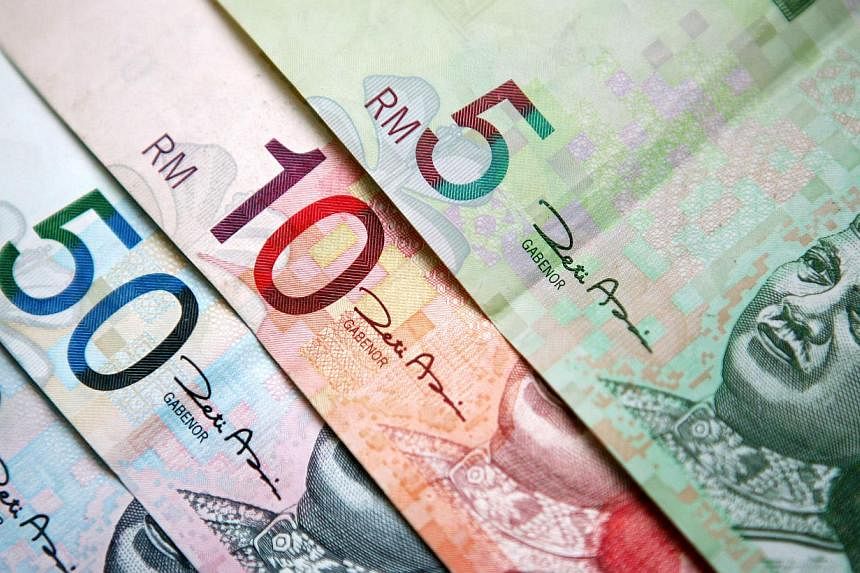KUALA LUMPUR (Bloomberg) - The ringgit fell, leading Asian losses, on concern China's latest interest-rate cut will spur weakness in the yuan and hurt Malaysia's exports.
The People's Bank of China lowered its benchmark lending and deposit rates by a quarter percentage point effective on Sunday to shore up growth in the world's second-largest economy. China is Malaysia's second-biggest export market after Singapore, and the yuan dropped to a two-year low against the US dollar in Monday.
"The weekend rate cut affirms the easing bias that the Chinese authorities have," said Jonathan Cavenagh, a currency strategist at Westpac Banking Corp. in Singapore. "Countries that export a fair bit to China, and Malaysia is one of those, have to be worried about losing competitiveness."
The ringgit depreciated 0.6 per cent, the steepest decline since Feb 18, to 3.6270 a US dollar as of 9:33am in Kuala Lumpur, according to data compiled by Bloomberg. The yuan fell as much as 0.06 per cent to 6.2733 against the U.S. currency in Shanghai, the weakest level since October 2012.
Malaysia's state oil company Petroliam Nasional Bhd reported a fourth-quarter loss last week amid a slump in crude prices that's cutting revenue in the energy-exporting nation, which gets 30 per cent of government income from oil-related sources.
Petronas posted a RM9.9 billion (S$3.72 billion) loss in the three months through December, compared with a RM9.6 billion profit a year earlier, it said last week.
One-month implied volatility in the ringgit, a measure of exchange-rate swings used to price options, rose 21 basis points to 10 per cent, the biggest increase in a week.
Malaysian sovereign bonds were little changed, with the 10-year yield at 3.88 per cent, data compiled by Bloomberg show.

